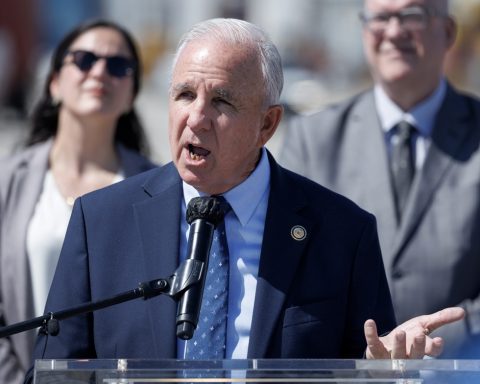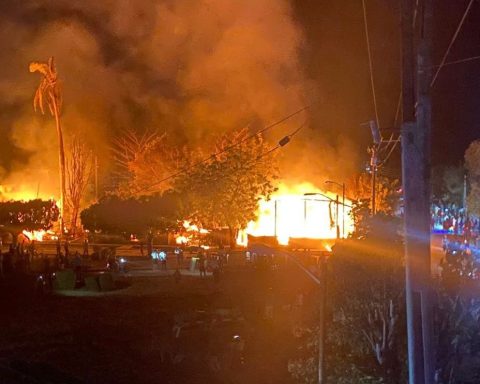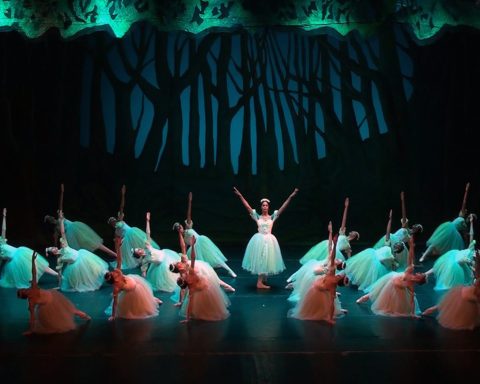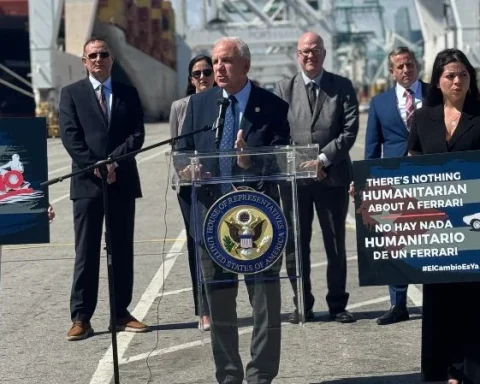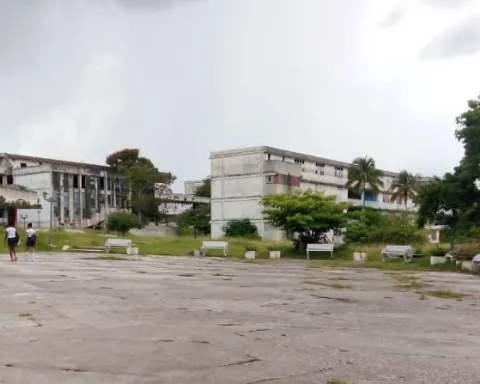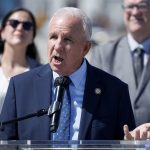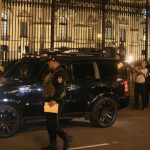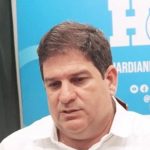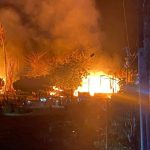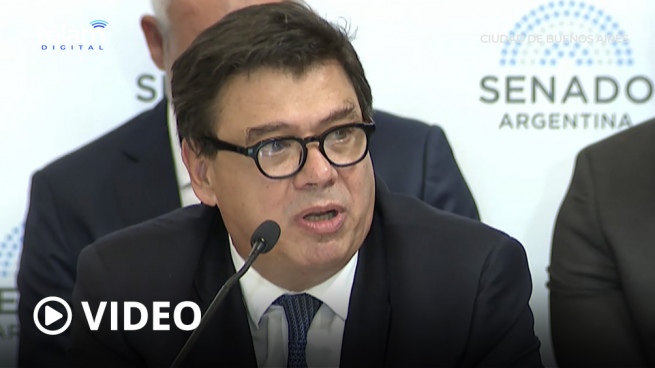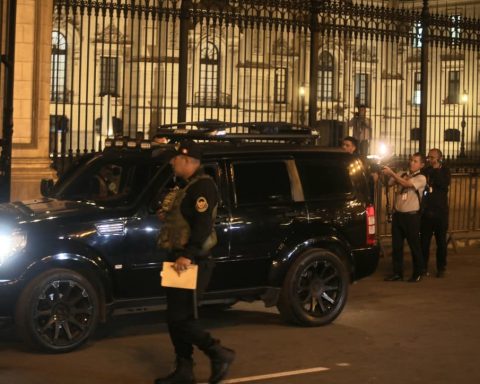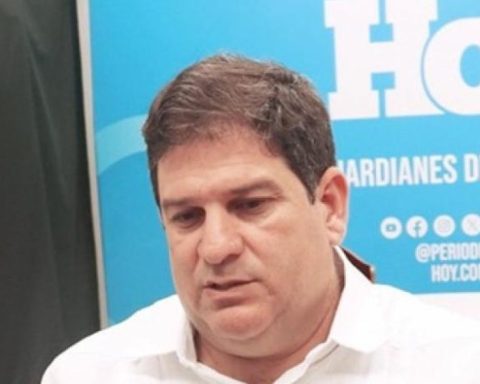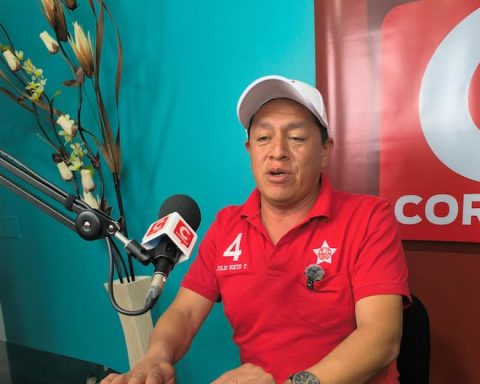By Julio Yao Villalaz
International analyst, former adviser to General Omar Torrijos and contributor to Prensa Latina
Almost everyone believes that it was as if by an act of magic or simple routine that this meeting took place, the second time in its history that the international organization met outside its headquarters. The first occasion was in Addis Ababa, Ethiopia.
However, not much is known about how it originated and was performed; what was the strategic vision, how were its possible results evaluated; what was his legal approach; there were difficulties and how they were settled. It is usually believed that such meetings automatically bear fruit. Nothing is further from reality!
Strategic vision
In August 1972, Foreign Minister Juan Antonio Tack appointed me personal adviser to General Omar Torrijos on Foreign Policy.
In December of that same year, the diplomat asked me about the future session of the UN Security Council in Panama and if I was willing to design our legal, diplomatic and political strategy at that meeting, sending me on a secret mission to The Hague at my suggestion during one month.
We had to study all the jurisprudence of the International Court regarding interoceanic canals and foreign military bases to have solid arguments in our claims.
The resolutions that I had to draft had the objective of publicizing our international cause and not properly resolving it in the SC, because this depended on negotiations. The document did not seek the approval of the United States but the veto. But that was unknown to the members of the SC and even to my boss, Chancellor Tack.
If we had sought their approval, the SC would end and they would call us to negotiate on that basis, and international support would reach there, with the certainty that the United States would not comply with any agreement, as is its custom.
Can you imagine how Panama could propose the neutrality of the Canal, the dismantling of military bases and demand higher revenues without prior recognition of our sovereignty? The SC should only be a transition phase towards the negotiations.
And that phase was achieved with the CS, while the Canal Treaty was reached with the Tack-Kissinger Declaration of 1974 -which established the basic principles of the new contractual relationship- and which I also had to draft with the consent of the head of diplomacy then and General Torrijos.
Difficulties in discussions
When I returned to Panama, in January 1973, I found that the Advisory Commission, where there were a dozen professionals, had a draft resolution different from mine.
The Advisory Commission project was proposed by Dr. Jorge Illueca and was supported by Aquilino Boyd, both ambassadors to the UN. It required the neutralization of the interoceanic canals. It so happened that Tack asked me to leave some tasks for the Commission in my absence, and I suggested that they draft a resolution.
I opposed the project because it constituted an intervention in the internal affairs of Egypt, owner of the Suez Canal, and of the Arab nation, which expressed itself through the Arab League, which exerted influence in the Non-Aligned Movement, which should be natural ally of Panama.
Also, that was not the way to gain international support for our cause, which was long-term. The neutralization of the Panama Canal was not an objective in those circumstances, and the United States would not support it either.
It was precisely a representative of the Egyptian government who refuted said resolution when it was read by Foreign Minister Tack, which caused a wave of protests in the grounds of the Legislative Palace, and demanded that the session be suspended for consultations until Monday, March 18.
A 180 degree turn
Tack, to whom I presented my resignation from the position at 11:30 local time on March 5, in view of local and Latin American pro-Yankee pressures that fell on him, in addition to his hesitation about the resolution, asked me to go to Contadora Island in the first plane to “keep working”. I did not know that the CS would be in Contadora this weekend.
I arrived early and after a while General Torrijos landed in his helicopter. I met privately with Omar and explained to him, with my pants off, the delicate moment we were going through at the CS.
Torrijos listened to me for more than an hour without interrupting me. I suggested that we should turn CS around 180 degrees. “And does Tony (Tack) know about this yet?” he asked. I told him yes. “Tell Tony that you already talked to me and that you have the green light.”
At dinner time, on Saturday, March 16, Foreign Minister Tack was waiting for me with an empty chair to his right for me, surrounded by Raúl Roa, Ricardo Alarcón and Ignacio Golob from Yugoslavia, exclaiming effusively: “You know that what I What you have said all this time is true, and these ambassadors also affirm it to me”.
And without letting me sit down for dinner, he told me: “Lock yourself in a room and write a memorandum for Omar in which you briefly explain what we should do.”
Said and done: I locked myself in the bathroom and wrote him by hand (there were no secretaries or typewriters) a memo of 12 or 13 long pages. Tack took them to Omar at 10:00 p.m. local time.
The next day, he asked me to summarize my two resolutions into one and deliver it to the Foreign Minister of Peru, General Miguel Ángel de la Flor Valle, who was our liaison with the members of the SC. I personally represented Tack before Ambassador Huang Hua, from People’s China, and before the Peruvian Foreign Minister.
He also asked me to ask Huang Hua what Beijing thought about the neutrality of international channels. The answer came in a telegram signed by Chairman Mao Zedong: “People’s China will request the elimination of foreign military bases if Panama requests it.”
Of course! Mao was the only head of state who supported the Panamanian people during the massacre of January 9, 1964 -provoked by US military aggression-, with millions of people in Tiananmen Square.
arb/ga/jy
